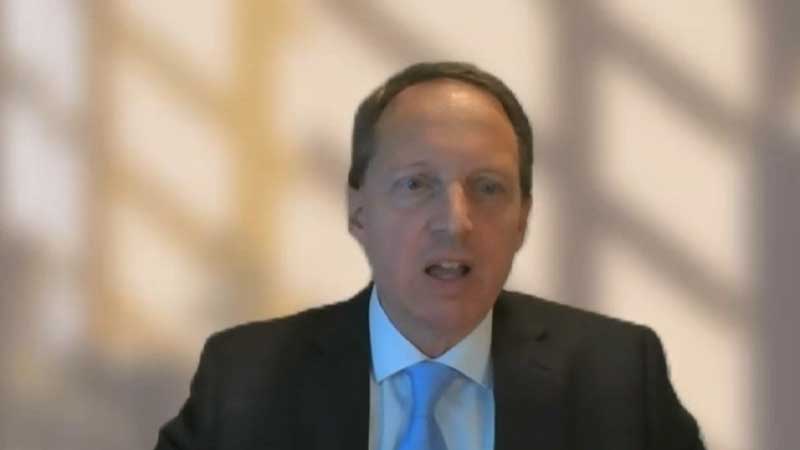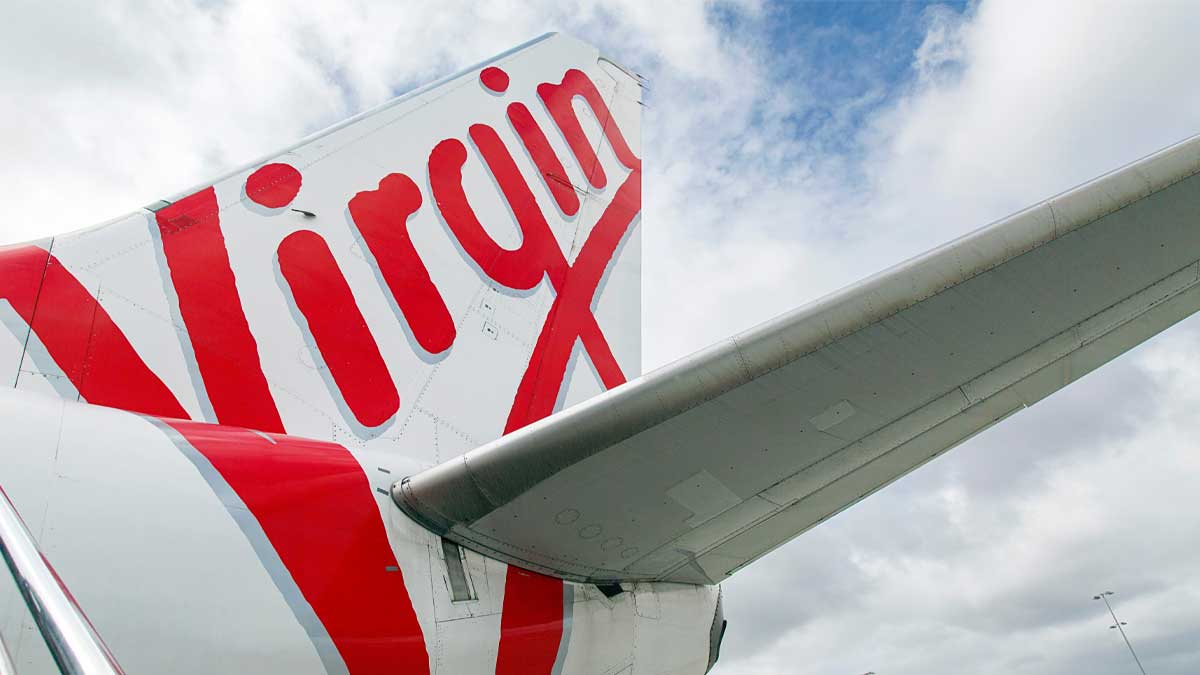
The Head of an International Monetary Fund team that ended a two weeks’ virtual mission to Fiji today says they are concerned with Fiji’s high level of debt and says it signals that there is much less fiscal maneuvering room than there was prior to the COVID-19 crisis however the good news is that most of Fiji’s debt during the pandemic is on concessional terms.
Todd Schneider says for a small island state like Fiji that is subject to external shocks, there should be a very clear priority on re-establishing that fiscal space in anticipation of future shocks.
He says the rise in public debt is really the mirror image of the large fiscal deficits that the government had to undertake in the course of the pandemic.
Schneider adds to be clear, the International Monetary Fund’s advice during the pandemic especially to countries that had the fiscal space was that there needed to be a very strong and very decisive counter-cyclical fiscal response which has been the case in Fiji.
Schneider says the impact of the pandemic on Fiji has been severe.
He adds risks to the outlook are skewed to the downside.
Schneider further says vulnerabilities have been exacerbated by diminished fiscal space as the fiscal response to the COVID-19 pandemic has resulted in large government budget deficits and an accompanying rise in public debt.
He adds contingent liabilities have also surged during the pandemic as the government extended loan guarantees to state enterprises.
Schneider also says that Fiji remains highly vulnerable to the impacts of climate change and natural disasters, particularly the effects of tropical cyclones.
He stresses that Fiji’s recovery and medium-term outlook also hinge on recovery of tourism, but the speed with which tourism will recover or whether pre-pandemic tourism patterns will fully reestablish themselves remain unclear.
Schneider further adds that policies should aim to continue support in the near term as Fiji reopens and emerges from the pandemic but shift to addressing macroeconomic imbalances as the recovery takes hold.
He stresses that a strong policy response to the pandemic has been imperative but as economic activity accelerates, a phased fiscal consolidation will be critical to put public finances on a more sustainable footing and place public debt on a downward trajectory.
He adds critical in this regard will be efforts to bolster public revenue in a growth-friendly manner, together with expenditure restraint and continued sound public debt management.
Stay tuned for the latest news on our radio stations


